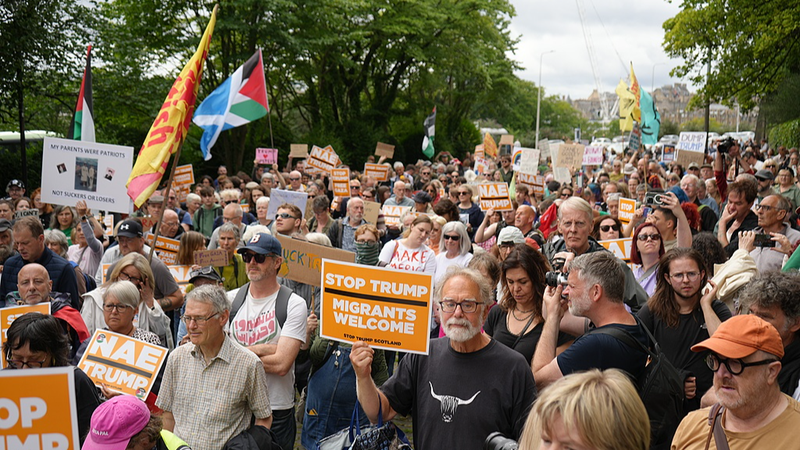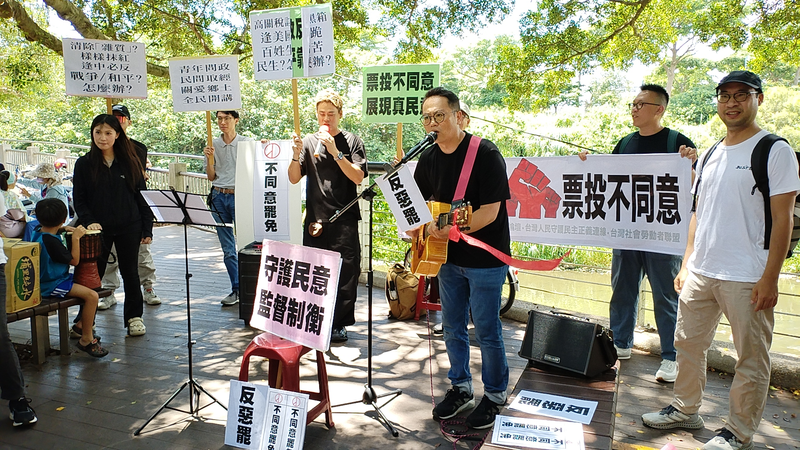On Thursday, China’s Communist Party of China (CPC) Central Committee's Political Bureau held a pivotal meeting to evaluate the current economic landscape and strategize future economic initiatives. Presided over by Xi Jinping, the CPC Central Committee's general secretary, the gathering focused on ensuring sustained economic stability and fostering growth.
The Chinese economy has demonstrated a generally stable performance this year, characterized by steady progress and consistent stability. The meeting underscored the steady development of new quality productive forces, robust efforts to safeguard people's livelihoods, and significant advancements in risk prevention across key areas.
The CPC leaders acknowledged that the foundations of the Chinese economy remain strong, supported by a vast market, resilient economic structures, and tremendous growth potential. Emphasizing the importance of a balanced and realistic perspective, Xi Jinping encouraged attendees to confront challenges head-on while maintaining confidence in the country’s economic prospects.
To achieve the year’s economic and social development targets, the meeting outlined several strategic measures. These include the effective implementation of existing policies, the introduction of targeted incremental policies, and the enhancement of policy effectiveness. Key initiatives include the issuance and strategic use of ultra-long special treasury bonds and local government special-purpose bonds to amplify the impact of government investments.
Additionally, the meeting highlighted the necessity of lowering the reserve requirement ratio and implementing impactful interest rate cuts to stimulate economic activity. The property market took center stage, with plans to stabilize and reverse its downturn. This involves adjusting housing purchase restrictions, reducing interest rates on existing mortgage loans, and optimizing land, fiscal, tax, and financial policies to promote a new model of real estate development.
The capital market is set for a boost, with efforts to attract medium- and long-term funds and eliminate barriers for social security, insurance, and wealth management funds to invest. Support for mergers, acquisitions, and restructuring of listed firms was also emphasized, alongside the advancement of publicly offered funds reform and the introduction of measures to protect small and medium-sized investors.
In a continuation of these efforts, Thursday’s meeting reiterated the need to enact a private economy promotion law, fostering a favorable environment for the non-public sector’s growth. Enhancing the incomes of middle and low-income groups and improving consumption structures were identified as critical to driving economic momentum.
Employment support remains a priority, particularly for key demographics such as fresh graduates, rural migrant workers, individuals recently lifted out of poverty, and those in zero-employment households. Enhanced assistance is slated for the elderly, individuals with disabilities, and the long-term unemployed, alongside initiatives to support the low-income population.
Last Wednesday, Chinese authorities introduced guidelines promoting high-quality and sufficient employment through an employment-first strategy. This strategy aims to create high-quality jobs by transforming traditional industries, nurturing emerging and future sectors, and accelerating the development of advanced manufacturing clusters.
Ensuring national grain security, the meeting also emphasized the importance of agricultural production during the autumn and winter seasons.
Reference(s):
Xi Jinping chairs CPC leadership meeting to arrange for economic work
cgtn.com



